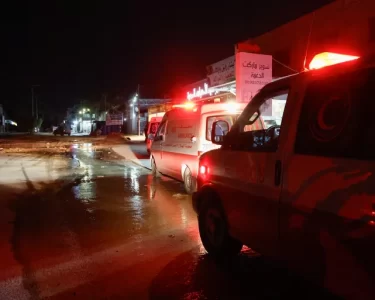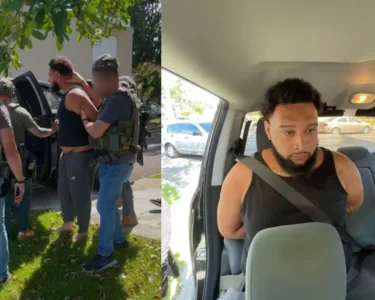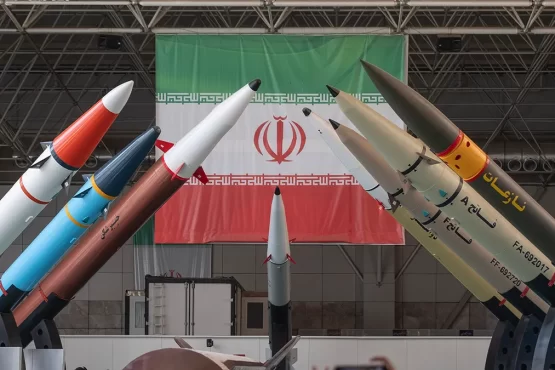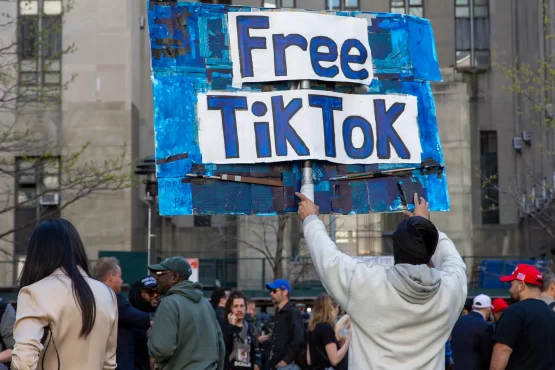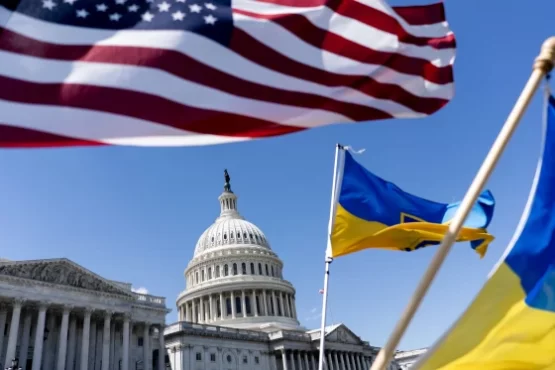Approximately 1,500 migrants, primarily from Central and South America, launched a new caravan Wednesday from southern Mexico, embarking on a perilous journey toward the U.S. border amid growing concerns about impending immigration policy changes.
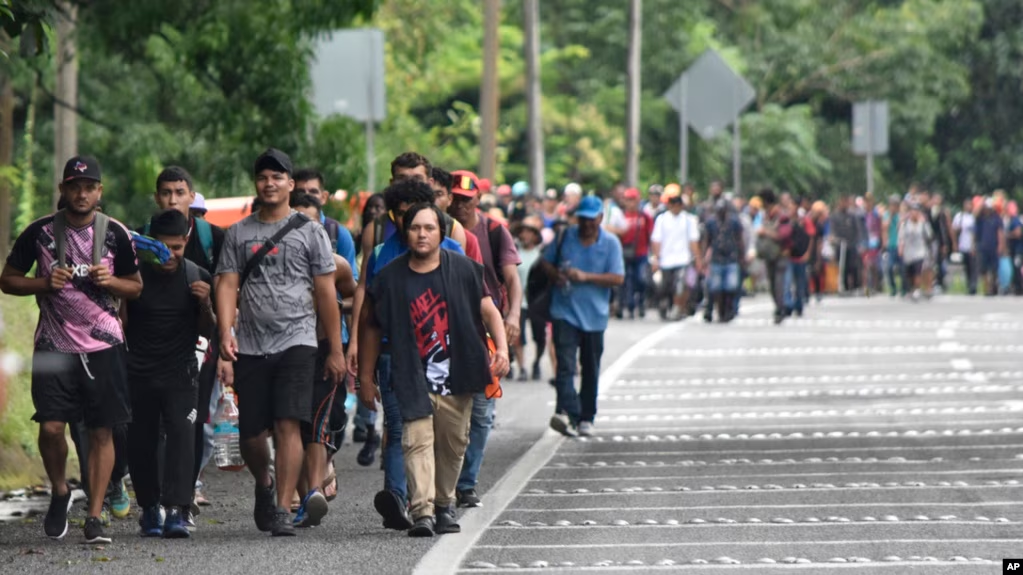
The group departed from Tapachula, near the Guatemalan border, where thousands of migrants remain stranded due to Mexican travel restrictions. Many participants express urgency to reach the United States before President-elect Donald Trump’s January inauguration, anticipating stricter border policies.
“It is going to be more difficult after Trump’s January 20 inauguration. That’s why we are going — in hopes of getting an appointment quicker, so we are able to cross before he takes office,” explained Yotzeli Peña, 23, a Venezuelan migrant.
The caravan phenomenon, which emerged in 2018, represents a last resort for migrants unable to afford smugglers’ fees. These mass movements provide relative safety from detention, as immigration authorities struggle to process large groups simultaneously. However, most caravans historically dissolve within 150 miles of their starting point.
Migrants face formidable challenges, including the threat of drug cartels deeply embedded in human trafficking operations. These criminal organizations routinely extort, kidnap, and torture migrants for ransom. The journey’s physical demands pose equally daunting obstacles — the shortest route to Matamoros, across from Brownsville, Texas, spans 1,100 miles of harsh terrain.
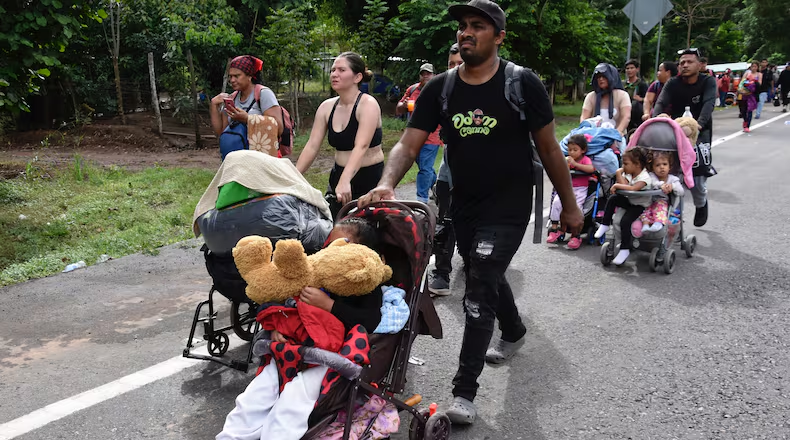
The U.S. government recently expanded its CBP One mobile application services to southern Mexico, allowing migrants to schedule asylum appointments before reaching the border. The system processes approximately 1,450 appointments daily, though Trump has pledged to eliminate the program and implement mass deportations upon taking office.
While earlier caravans in 2018 and 2019 occasionally received assistance from Mexican officials through arranged transportation, current policies actively discourage such support. Authorities have typically resolved recent caravans by offering temporary transit permits.
The desperate conditions in Tapachula, where migrants struggle to find work or basic resources, continue to drive these mass movements despite the risks and increasingly restrictive policies on both sides of the border.
VOA



